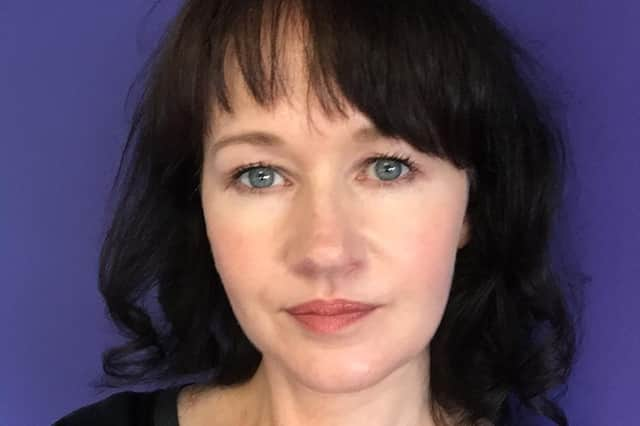Keep the promise and shift investment towards preventative approaches - Fiona Duncan


As detailed in the Review’s Follow The Money report, the primary focus of this analysis was the human cost, with system costs being secondary. This found that, every year, Scotland spends approximately £1bn of public money on a ‘care system’ that too often fails those it is supposed to protect and help flourish. As a result, a further £875m is spent providing support to care experienced adults who carry the cost of this system failure throughout their lives.
Whole family wellbeing needs to be seen as an important building block of a well-functioning wellbeing economy. Therefore, The Promise Scotland welcomed the Scottish Government’s announcement in September of a £500m investment over the lifetime of this Parliament in whole family wellbeing. This has the potential to transform how public services – and public money – are wrapped around families, providing the help and support they need, where and when they need it.
Advertisement
Hide AdAdvertisement
Hide AdDone properly, investment in whole family wellbeing will create a more preventative approach to public services, avoiding the damaging – and expensive – crisis interventions that are too often the starting point. Calibrating how Scotland cares to #KeepThePromise it made last February when the Independent Care Review concluded.
The recent budget announcement from the Cabinet Secretary for Finance and the Economy contained the initial £50m of that investment for 2022/23. A first, albeit small, step.
That money must be available from 1st April 2022. And, for Scotland to have a fighting chance of investing the remaining £450m by 2026, it must be spent wisely.
There is, inevitably, a lot of debate around the budget announcement, and this will no doubt continue well into the new year. Now must be the moment, as thought is given to how to recover from Covid, for a proper, grown-up debate about the future of public finances and Scotland’s investment priorities.
Alongside the 2022/23 budget, the Scottish Government published its framework for the Resource Spending Review. This process provides an excellent opportunity for politicians of all parties, local and national, to engage with their communities about how scarce public resources should be invested to meet the major challenges of the future.
This will be necessarily difficult, with stark choices to be made. For example, spending ever-increasing amounts of public money on the NHS, is not the same as investing in the nation’s health and wellbeing. Can Scotland afford to continue longer-term to invest in the NHS in the way it currently is?
If we are serious about prevention and early intervention; about ensuring the best start for every child; about ending child poverty; about tackling our mental health crisis; about tackling chronic substance misuse – then we need to be serious about how we shift investment away from acute services and crisis intervention and towards sustainable, preventative approaches where children can grow up and thrive in families and homes, which are safe, and in communities where they can play, make friends and families get local support if needed.
Politicians of all parties made manifesto commitments to #KeepThePromise to Scotland’s care experienced community – part of keeping that promise has to involve having a mature debate about how Scotland invests public money for a better future for its children and families.
Fiona Duncan is Chair of The Promise, the body responsible for ensuring the findings of the Independent Care Review are implemented, and CEO of Corra
Comments
Want to join the conversation? Please or to comment on this article.